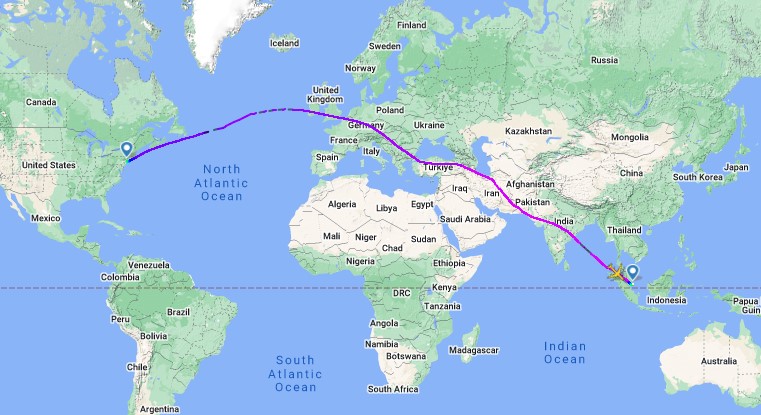The city of Braga will be Portuguese Capital of Culture (PCC) in 2025. Braga’s Mayor Ricardo Rio told Portuguese media that the PCC program should be formatted in the coming months, containing “some of the ideas” that were part of the candidacy for European Capital of Culture (ECC) in 2027.
“The PCC will be based on our Cultural Strategy 2030 but some of the ideas from the application to become ECC will also be put into practice,” Rio said. The government announced the creation of the Portuguese Capital of Culture, which in the first three years will be attributed to the three finalist cities that won the candidacy for ECC in 2027. The PCC initiative is expected to start in 2024,
The city of Aveiro will be PCC in 2024, Braga in 2025, and Ponta Delgada in 2026. Each PCC will receive a support of two million euros from the government.
We will also try to mobilize other financial resources, from patronage to community funds.
Ricardo Rio, Mayor of Braga
The Portuguese city chosen to host the ECC in 2027 is Évora. On December 7th, the chairperson of the European Capitals of Culture Expert panel announced that the city of Évora was named the European Capital of Culture 2027 in Portugal.
A panel of independent experts assessing applications from 4 short-listed Portuguese cities recommended Évora following a three-day meeting. Each year, two to three cities hold the title of European Capital of Culture. Alongside Évora, the city of Liepaja in Latvia will also hold the title in 2027.
In accordance with the Decision of the European Parliament and of the Council that governs the European Capitals of Culture action, there will be two European Capitals of Culture in 2027: one in Portugal and one in Latvia.
Twelve Portuguese cities submitted applications by the deadline of 23 November 2021: Aveiro, Braga, Coimbra, Évora, Faro, Funchal, Guarda, Leiria, Oeiras, Viana do Castelo, Ponta Delgada and Vila Real.
Braga is one of the oldest and picturesque Portuguese cities. Its heritage goes back to Roman times, when “Bracara Augusta” was built more than 2,000 years ago, and there are many impressive historical buildings, museums and festivals where visitors can rediscover this heritage. It is also considered the religious center of Portugal because for centuries the archbishops were holders of both temporal and spiritual power.
This year, Braga won the title of Best European Destination. The vote of more than 600,000 travelers from 192 countries around the world earned the city its title. In addition to the 2,000 years of history, one can also find a range of modern architecture, lending the historic city the youthful vibrancy and unexpected modernity that has led it to be considered Portugal’s youngest city.
In October, Ricardo Rio told Portuguese media that the idea to recover the status of National Capital of Culture was being proposed. The goal was to ensure the implementation of much of the programming planned by the three municipalities that do not win the race for European Capital of Culture.













